The Ultimate Guide to Relocating Your Pets: Australia, the US, and the UK
 Let Chess Moving help with your next international move
Let Chess Moving help with your next international move
Moving pets internationally can be a complex and challenging process, especially when moving to Australia, the US, or the UK. There are important considerations and steps to take to ensure a successful relocation for your furry friends. From understanding the import regulations and quarantine requirements to finding pet-friendly accommodation and transportation options, this guide is designed to provide you with the essential information and resources you need to relocate your pets with ease. Whether you're bringing a dog, cat, or other beloved pet, this guide will help you navigate the relocation process and make it as stress-free as possible for both you and your pet.
Understanding Pet Relocation:
Relocating with pets involves a multi-step process that requires careful planning and attention to detail. The process typically includes obtaining the necessary documentation and health certifications, complying with the import regulations of the destination country, and arranging for transportation.
Early planning is essential when it comes to relocating your pets. It allows you to ensure that all necessary vaccinations, health examinations, and paperwork are completed within the required timeframes. Additionally, early planning provides you with the opportunity to research pet-friendly accommodation and transportation options at your destination, ensuring you look after your pets.
By starting the pet relocation process well in advance, you can minimise potential stress and complications, and ensure a smooth move for your beloved animals.
Australia to the US:
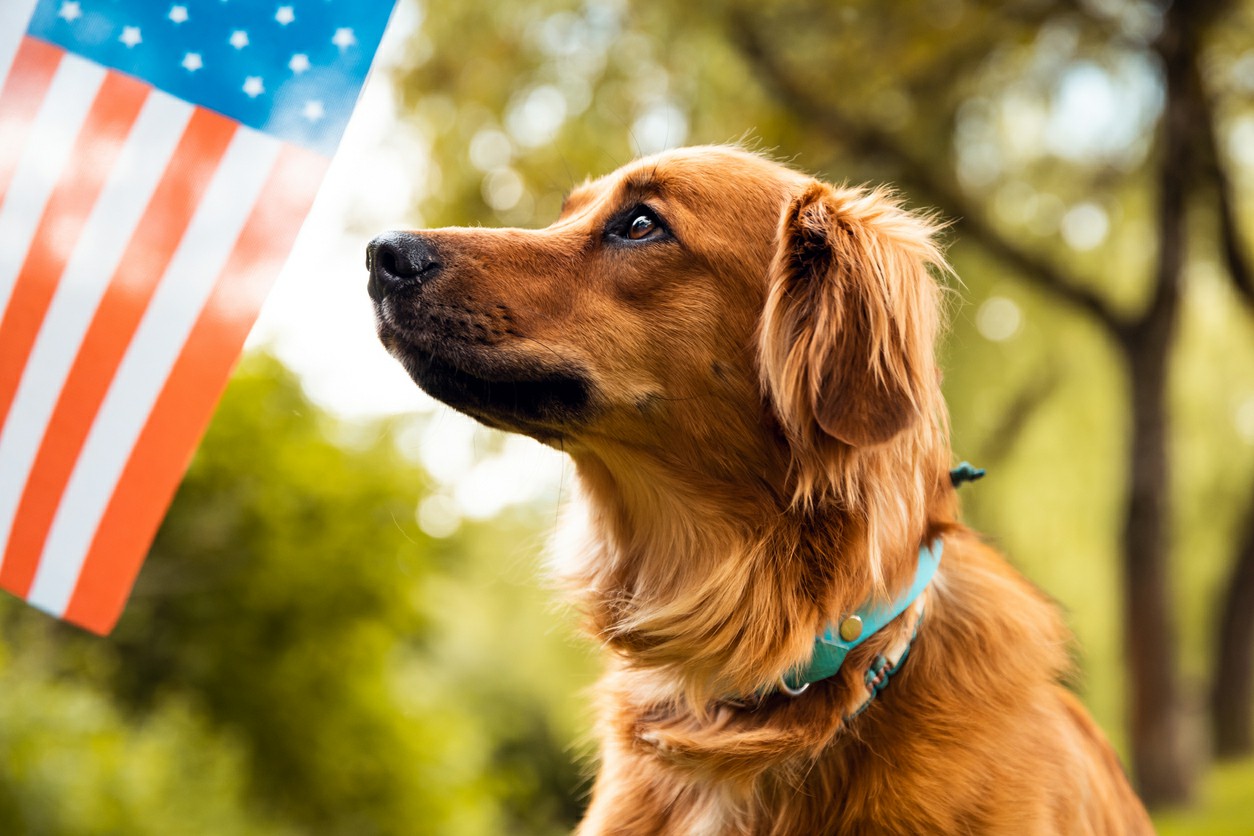
When relocating your pet from Australia to the US, it's crucial to understand the import regulations and quarantine requirements set by the US Department of Agriculture and the Centers for Disease Control and Prevention. These agencies oversee the importation of animals into the country and have established guidelines to protect against the introduction and spread of animal diseases.
One of the key requirements for bringing pets into the US from Australia is a valid health certificate. The certificate must be issued by a licensed veterinarian and the certificate includes the veterinarian's signature and contact information.
In addition to the health certificate, certain states in the US may have additional requirements for pet imports, such as vaccine certifications and microchips. It is important to research and understand the individual state regulations to which you will be relocating.
Quarantine requirements for pets entering the US vary depending on the animal's country of origin and compliance with specific import regulations, but a healthy appearance of the pet is a must. While Australia is classified as a rabies-free country, pets entering the US are still subject to inspection upon arrival to ensure compliance with all import requirements.
Understanding and fulfilling these import regulations and pet quarantine requirements is crucial to successful pet travel from Australia to the US. Working with a professional pet travel service or consultant can help navigate the complexities of the process and ensure that all necessary steps are taken to relocate your pets safely and in full compliance with the US regulations.
Australia to the UK:
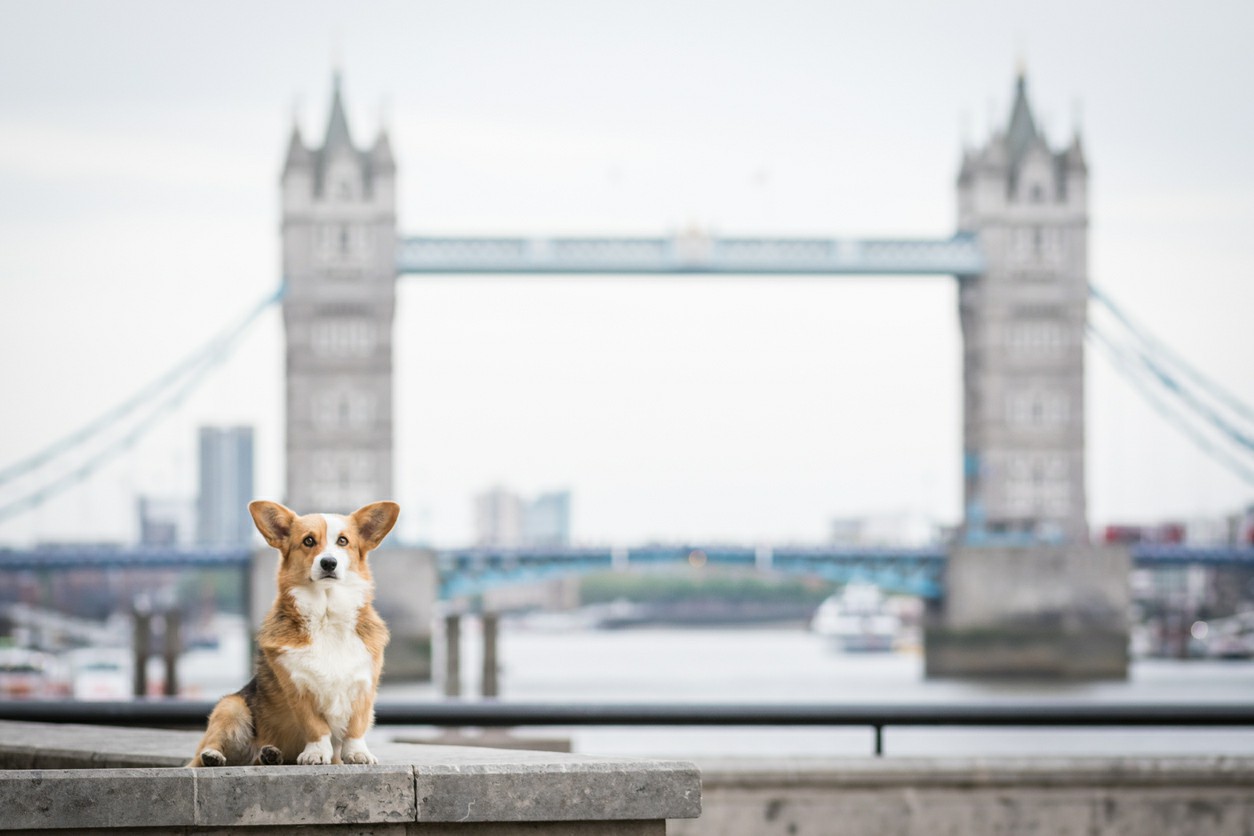
When relocating your pet from Australia to the UK, there are specific requirements and regulations set by the UK government's Department for Environment, Food & Rural Affairs that must be adhered to. One of the key requirements for bringing pets into the UK from Australia is to ensure that your pet has been microchipped and vaccinated against rabies. The microchip must meet ISO standards and be implanted before the rabies vaccination is administered.
After the vaccination, there is a waiting period before your pet can enter the UK. It's also important to obtain an official third-country veterinary certificate, also known as an EU health certificate, issued by a licensed veterinarian.
Additionally, pets entering the UK from Australia are required to go through a tapeworm treatment. The treatment must be administered by a veterinarian, and the details of the treatment should be recorded in the pet's health certificate. This is a crucial step, and failure to comply with these requirements can result in your pet being returned to Australia or placed in quarantine in the UK.
Understanding and fulfilling these import regulations and requirements is essential for successful pet travel from Australia to the UK. Working with a professional pet travel service or consultant can provide invaluable assistance in ensuring that all necessary steps are taken to relocate your pets safely and in full compliance with UK regulations.
By engaging the expertise of professionals, you can navigate the complexities of the process with confidence and peace of mind, making the transition as stress-free as possible for both you and your beloved pets.
Relocating Pets to Australia:
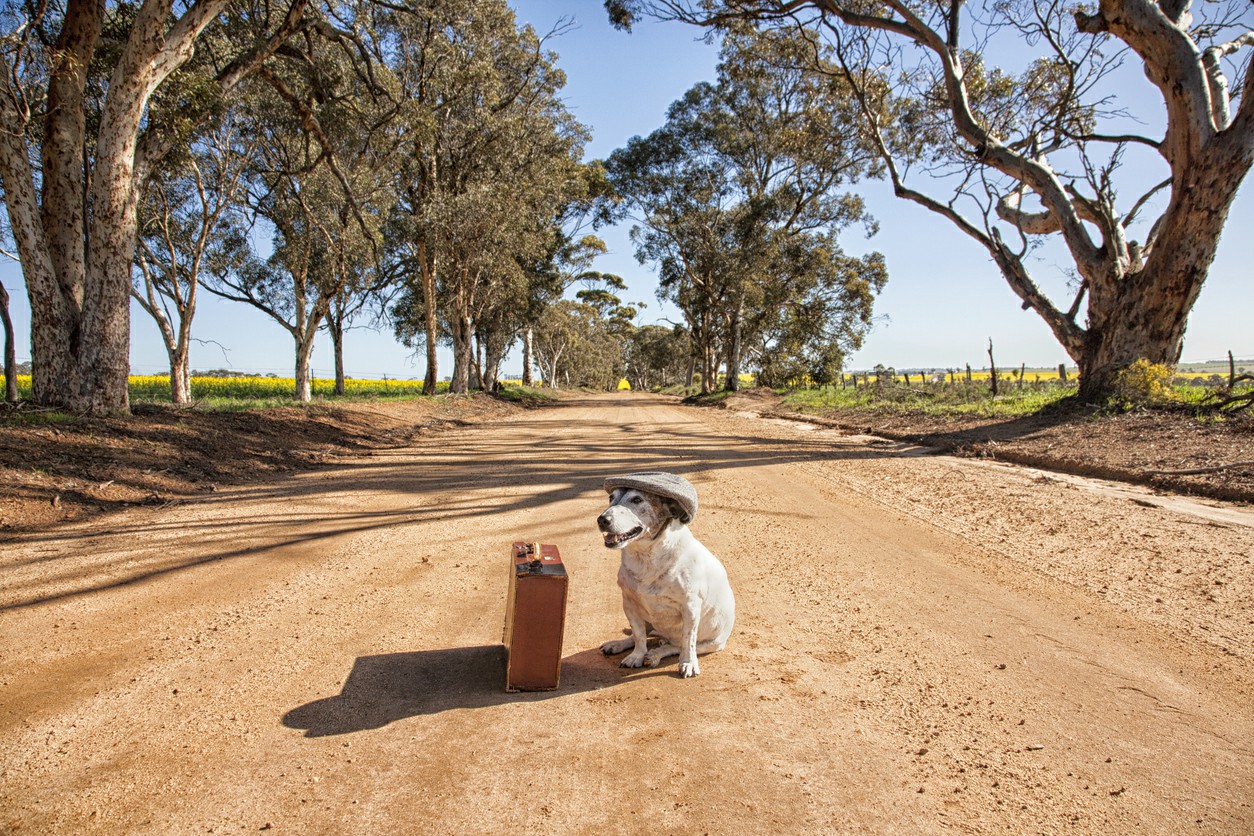
Relocating pets to Australia involves strict regulations set by the Department of Agriculture, Fisheries and Forestry. Australia is known for its stringent biosecurity measures to protect its unique ecological environment from the introduction of exotic pests and diseases.
When bringing pets into Australia, one of the primary requirements is obtaining an import permit issued by the Australian government. The permit outlines the specific conditions that must be met for the importation of pets into the country.
Additionally, pets must undergo a mandatory quarantine period at an approved quarantine facility upon arrival in Australia. The duration of the quarantine period can vary depending on the country of origin and compliance with import regulations.
In preparation for relocating your pets to Australia, it is crucial to ensure that they receive the necessary vaccinations, treatments, and health certifications. This includes vaccinations against diseases such as rabies and other specific health requirements as outlined by the Australian government. It is important to work closely with a licensed veterinarian to ensure that all health and documentation requirements are met within the designated timeframes.
Furthermore, when relocating pets to Australia, it is essential to consider the transportation logistics and choose a reputable and pet-friendly airline or pet relocation service with experience in handling international pet transport.
Ensuring the comfort and safety of your pets during the journey is paramount, and selecting a reliable transportation option can help alleviate any potential stress associated with the relocation process.
Navigating Australia’s Biosecurity Laws for Pets:
Australia's biosecurity laws for pets are designed to safeguard the country's native wildlife and ecosystems from the introduction of invasive species and diseases. By adhering to these stringent measures, pet owners play a vital role in protecting Australia's unique environment.
When relocating pets to Australia, it is crucial to understand and comply with the biosecurity requirements established by the Department of Agriculture, Fisheries and Forestry. These international pet travel regulations aim to prevent the entry of exotic pests and diseases that could pose a threat to native flora and fauna.
Key biosecurity measures for bringing pets into Australia include obtaining an import permit from the Australian government and ensuring that all necessary vaccinations and treatments are administered. The import permit outlines specific conditions that must be met, such as health certifications and quarantine arrangements, to mitigate the risk of introducing harmful pathogens and pests into Australia.
Preparing Your Pet for Relocation:
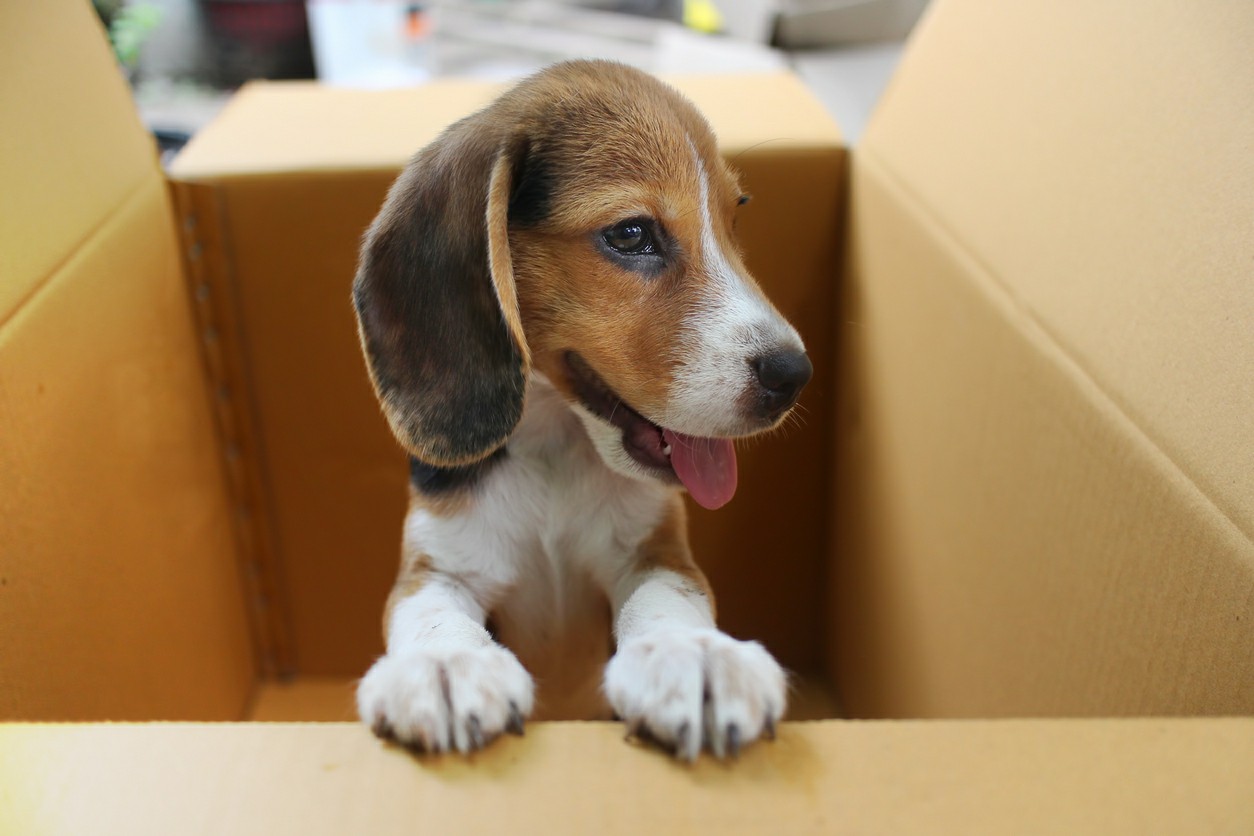
Preparing your pet for relocation involves several important steps to ensure their well-being and compliance with import regulations in the destination country. These steps include:
Health Checks and Vaccinations
Before relocating your pet, it's essential to ensure that they are in good health and up to date with all necessary vaccinations. Schedule a thorough health check with your veterinarian to assess your pet's fitness for travel. This includes a review of their medical history, a physical examination, and any required vaccinations or treatments.
Acclimatising Your Pet to Travel Crates
Introduce your pet to their travel crate gradually to help them acclimatise and feel comfortable during the journey. Start by placing their favourite blanket or toy inside the crate and allowing them to explore it at their own pace. Encourage positive associations with the crate by providing treats and praise when they enter voluntarily.
Mental Preparation and Stress Reduction
Pets can experience stress and anxiety during relocation, so it's important to help them feel calm and secure. Maintain a consistent routine and provide familiar items, such as their bedding and toys, to offer a sense of comfort. Consider using calming pheromone products or consulting with your veterinarian about potential anxiety-relief strategies for your pet.
By taking these proactive steps, you can help ensure that your pet's relocation is as stress-free as possible.
Choosing a Pet Relocation Service:
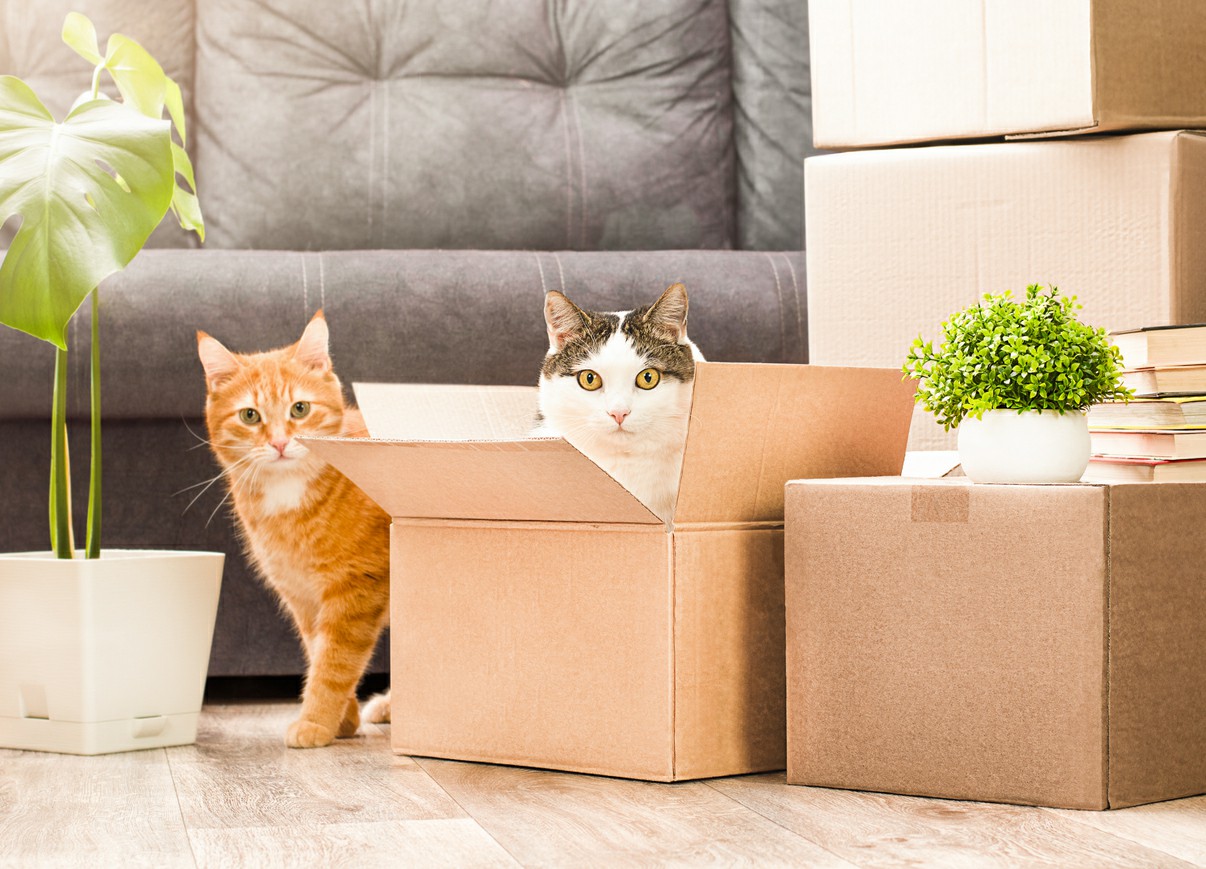
When selecting a pet relocation service, it's essential to ask certain questions to ensure that your pets will be in safe and capable hands throughout the relocation process. Consider inquiring about the following:
1. Experience and Expertise:
Ask about the service provider's experience in handling international pet relocations, specifically to the destination country. Inquire about their knowledge of the import regulations, documentation requirements, and quarantine procedures for your specific relocation.
2. Transportation and Logistics:
Understand the transportation arrangements and logistics involved in the relocation. Inquire about the type of travel crates used, climate-control measures, and any specific accommodation for your pet's comfort during transit.
3. Health and Safety Protocols:
Discuss the service provider's health and safety protocols for pets in transit, including access to veterinary care, monitoring during the journey, and emergency response procedures.
4. Communication and Updates:
Ask about the communication channels and frequency of updates available to pet owners during the relocation process. Ensuring transparent and regular communication can provide reassurance and peace of mind.
5. References and Testimonials:
Request references or testimonials from previous clients who have utilised the service for similar international pet relocations. Hearing about other pet owners' experiences can offer valuable insights into the service provider's reliability and effectiveness.
By asking these questions and thoroughly vetting potential service providers, you can make an informed decision to ensure a smooth and secure relocation for your beloved pets.
Moving Pets Internationally? Partner With Chess Moving For Your Pet Relocation
If you are considering moving your pet internationally, it is crucial to partner with a professional pet relocation service that has extensive experience and expertise in navigating the complex regulations and logistics involved. Chess Moving offers specialised pet relocation services, providing comprehensive support to ensure the safe and smooth transportation of your beloved pets.
By entrusting Chess Moving with the relocation of your pets, you can benefit from our tailored services, including assistance with documentation, transportation arrangements, and guidance on meeting the specific import requirements of your destination country. Our team is dedicated to delivering personalised care and attention to your pets throughout the relocation process, minimising stress and ensuring their comfort.
Contact Chess Moving today to explore our comprehensive pet relocation solutions and embark on a seamless and successful pet relocation experience to Australia, the US, and the UK.